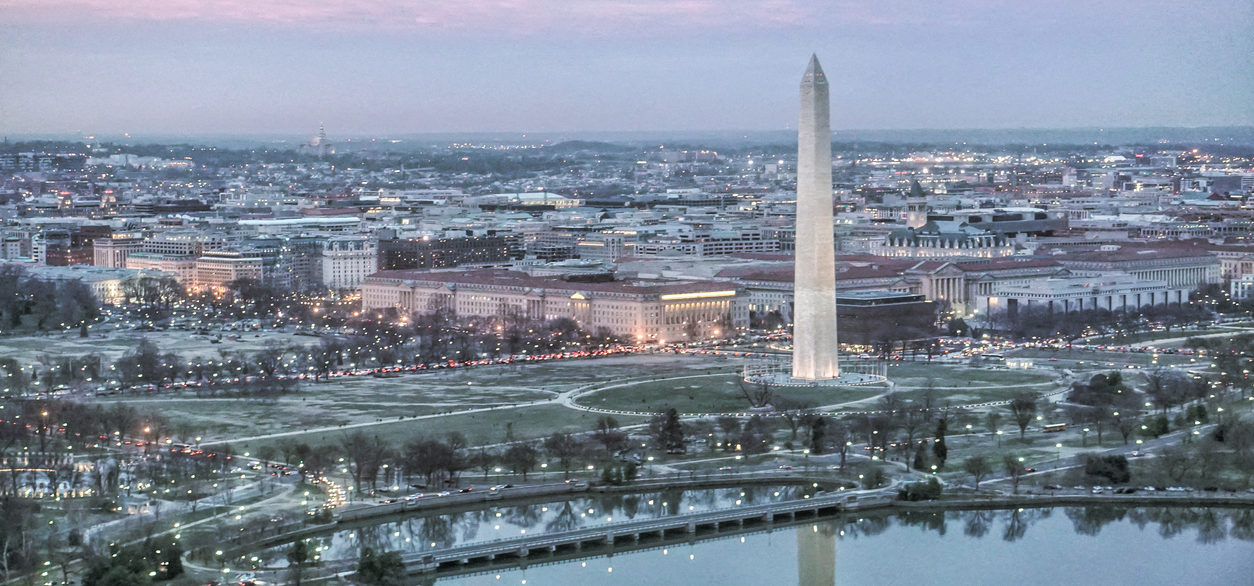
Why I Like Surveillance Cameras
A proposal to install indoor surveillance cameras at Fairfax County schools in Virginia has created quite a controversy. With many parents still upset over harsh disciplinary practices in the schools that have led to a couple of suicides, critics of the proposal have expressed concern over any further encroachment on the civil liberties of students. They see the proposal as further evidence of our movement toward an Orwellian world in which our every movement is tracked and scrutinized. According to the Washington Post, the proposal was motivated at least in part by a recent food fight at Robert E. Lee High School in which close to 100 students participated: “Nearly every guilty student escaped unpunished, protected by chaos that made it impossible for school officials to figure out who did what.”
Looking at this from a practical standpoint, I myself have long been a fan of surveillance cameras, at least in the context of a criminal case. Because more often than not, the existence of a videotape will help the defense.
Although defendants often claim that the police have no evidence, what they really mean is that police do not have any physical evidence. These people may not fully appreciate that the government does not need to have any tangible evidence in order to secure a conviction; the simple say-so of a complaining witness or police officer taking the stand can have the same legal effect. Because oral testimony too is evidence.
This is where surveillance cameras come in.
Government witnesses often have remarkable memories for even the smallest of details when it comes time to testify. And these memories tend to coincide nicely with the prosecution’s theory of the case. In the case of a DWI, for example, we hear how the defendant was drooling on himself and staggering all over the street. It is no wonder that many jurisdictions still do not use cameras mounted on police car dashboards even though these technologies are both widely available and inexpensive.
If the voluntariness of a confession is at issue, we will hear how calm and relaxed the atmosphere was at the time the defendant was informed of his rights and decided to come clean. And, of course, there is always a clear-cut aggressor in assault cases.
But life itself is never that black-and-white. The details are more nuanced. And videotapes tend to reflect that reality far better than the selective recollections of a government witness. And if in the end you don’t like what you see on the videotape, at least you will be better informed going into plea negotiations.
